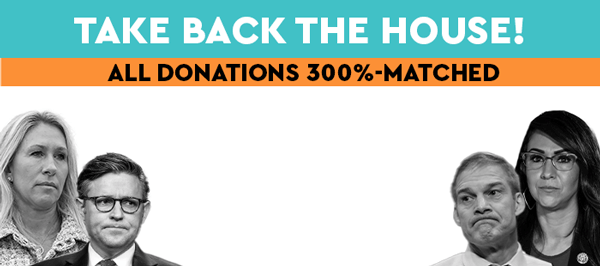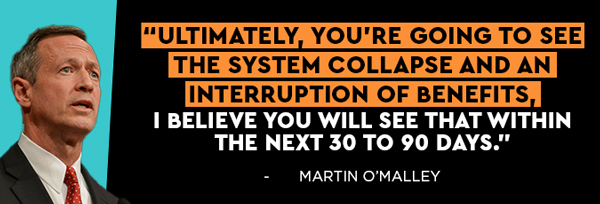| Jason, THIS IS URGENT - The Ex-head of Social Security is WARNING that Social Security Checks could STOP as soon as NEXT MONTH thanks to Elon Musk ↙↙ We’re fighting like hell to PROTECT Social Security… but this work is EXPENSIVE. So top Democrats activated an EMERGENCY 300%-MATCH on all donations to help save Social Security before Elon Musk delays seniors’ Social Security checks. Jason, anything helps to fund our campaign to save Social Security >> Just when we thought Democrats were poised to fully fund our campaign to PROTECT Social Security from Elon Musk and MAGA’s grip… … Donations have come to a halt! WE’RE DEVASTATED: We can get back on track if we receive just [42] more donations from California in the next 6 hours – but time is running out! If we don’t act now and Elon Musk wins, California seniors could lose their full Social Security benefits. Please, will you contribute $5 (TRIPLE MATCHED) to Progressive Turnout Project right away? We need everyone to step up! >> We’re running out of time,
- Progressive Turnout Project | 


